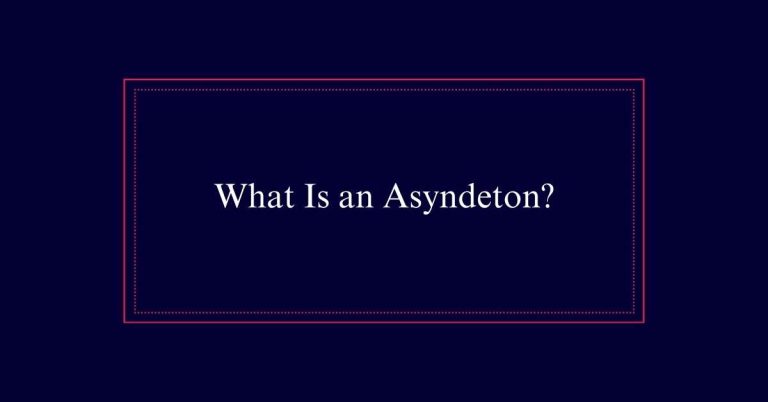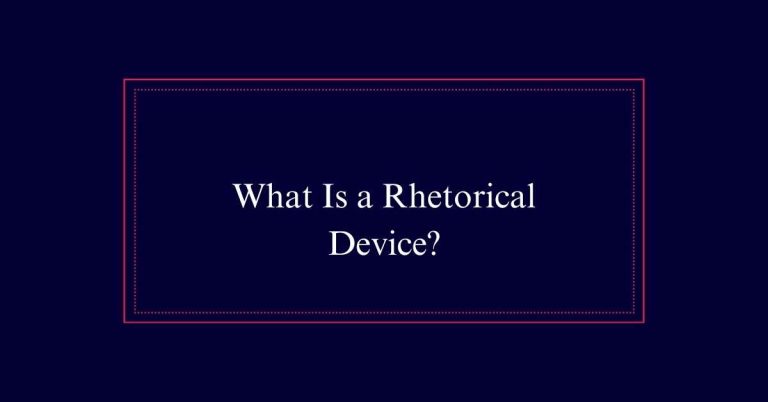Nevermind or Never Mind: What’s the Difference?
The difference between ‘nevermind’ and ‘never mind’ lies in their use and meanings. ‘Never mind’ is more common and acts as an interjection to dismiss trivial matters or indicate a change of mind. It is frequently used in both casual and formal conversations. On the other hand, ‘nevermind’ is less prevalent, functioning primarily as a noun, denoting attention or notice.
Historical Origins
Originating in the late 1700s, ‘never mind’ was initially used to dismiss worry or trouble. It served as a reassuring phrase, encouraging others to overlook minor issues.
Over time, its usage expanded to encompass broader meanings. By the 19th century, ‘never mind’ evolved to indicate that something was unimportant or that the speaker had changed their mind. This transformation allowed the phrase to become a versatile part of everyday language. Its primary function remained to ease concerns or redirect focus.

Modern Usage
In modern usage, ‘never mind’ functions primarily as an interjection to dismiss trivial matters or indicate a change of intention. It is commonly used in everyday conversation to downplay the importance of a statement or to redirect focus. For example, if someone starts to say something and then changes their mind, they might say, ‘Never mind.’ This phrase helps in maintaining the flow of conversation without dwelling on insignificant details.
Unlike its historical counterpart, ‘nevermind’ as a single word is less prevalent and is typically seen as a noun in specific contexts. For formal writing and clear communication, ‘never mind’ is the preferred choice, ensuring the message is understood without ambiguity.
Meanings of Never Mind
Understanding the varied meanings of ‘never mind’ helps to appreciate its versatility in different contexts.
Primarily, ‘never mind’ serves as an interjection to dismiss something as unimportant, often used to express that a concern or issue is trivial and not worth further attention.
It can also indicate a change of mind, signaling that a previously discussed topic is no longer relevant or needed.
Additionally, ‘never mind’ can mean ‘not to mention’ or ‘certainly not,’ emphasizing the insignificance of something compared to another matter.
Its utility extends across casual and formal conversations, making it a flexible phrase that effectively addresses and redirects focus, dismisses concerns, and conveys changes in thought.
Meanings of Nevermind
The term ‘nevermind’ as a single word primarily functions as a noun and carries meanings such as attention, notice, or responsibility. Although not commonly used today, ‘nevermind’ has specific connotations that set it apart from the more widely accepted ‘never mind.’
Here are four key points to understand ‘nevermind’:
- Attention: It can denote the act of paying attention.
- Notice: It may refer to taking notice of something or someone.
- Responsibility: It can imply taking responsibility for a matter.
- Idiomatic Usage: Its idiomatic use is less accepted and not recognized by all dictionaries.
Contextual Differences
Differentiating between ‘never mind’ and ‘nevermind’ hinges on their distinct contextual applications. ‘Never mind’ is often used in spoken and written English to dismiss something unimportant or to signal a change in thought. It serves as an interjection or a verb, offering flexibility in communication. For example, ‘Never mind about the meeting; it’s been canceled.’
On the other hand, ‘nevermind’ as a single word is less common and typically functions as a noun. It denotes attention or notice, though it’s rarely used in modern contexts. For instance, ‘Pay him no nevermind.’
Due to its limited and archaic usage, ‘nevermind’ is generally avoided in formal writing. Choosing between the two depends on the context and intended meaning.
Idiomatic Expressions
In addition to their distinct contextual applications, ‘never mind’ and ‘nevermind’ also appear in various idiomatic expressions. These expressions illustrate how flexible and nuanced the phrases can be in everyday language.
Here are four common idiomatic uses:
- Never mind the details – Used to dismiss specifics or minor points.
- Never mind that – Employed to shift focus away from a previously mentioned topic.
- Pay no nevermind – An older, informal expression meaning to ignore something.
- Never mind the bollocks – A British idiom meaning to disregard nonsense or irrelevant talk.
Formal Contexts
When writing in formal contexts, it is advisable to use ‘never mind’ as two separate words. This guarantees clarity and aligns with conventional grammar rules. ‘Never mind’ is often used to dismiss trivial matters or indicate a change of mind. In contrast, ‘nevermind’ is less common and typically regarded as informal or idiomatic. For formal writing, adhering to the standard usage of ‘never mind’ is essential to maintain professionalism and avoid potential confusion.
| Context | Preferred Usage | Notes |
|---|---|---|
| Formal Email | never mind | Use to dismiss minor topics |
| Business Report | never mind | Indicates change of focus |
| Academic Paper | never mind | Maintains formal tone and clarity |
Informal Usage
In informal settings, ‘nevermind’ is often seen as interchangeable with ‘never mind’ despite its less common usage. This flexibility arises from casual communication norms where strict grammatical rules are relaxed. Here are some key points to keep in mind:
- Text Messaging: People frequently use ‘nevermind’ in texts and online chats due to its brevity.
- Spoken Language: In everyday conversation, ‘nevermind’ can be more fluid and quicker to say.
- Social Media: Platforms like Twitter or Instagram see ‘nevermind’ used for its informal vibe.
- Contextual Understanding: Friends and family usually grasp the intended meaning without confusion.
Writing Tips
To enhance your writing, focus on clarity and brevity. Clear, concise writing improves readability and guarantees your message is understood.
Here are some tips to achieve this:
- Use Active Voice: Active voice makes sentences direct and vigorous. Instead of ‘The report was written by the team,’ write ‘The team wrote the report.’
- Avoid Jargon: Use simple, everyday language. Replace complex words with simpler alternatives to make your writing accessible.
- Eliminate Redundancies: Remove unnecessary words. For example, ‘combine together’ can be shortened to ‘combine.’
- Be Specific: Specific details provide clarity. Instead of ‘some time,’ specify ‘two hours.’






